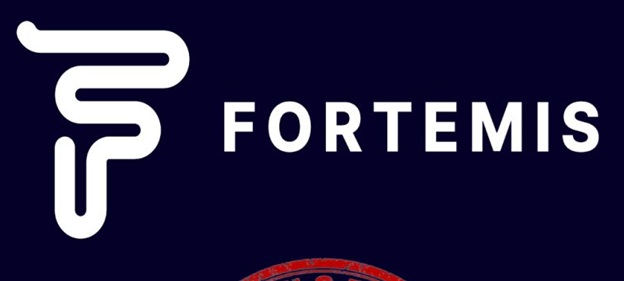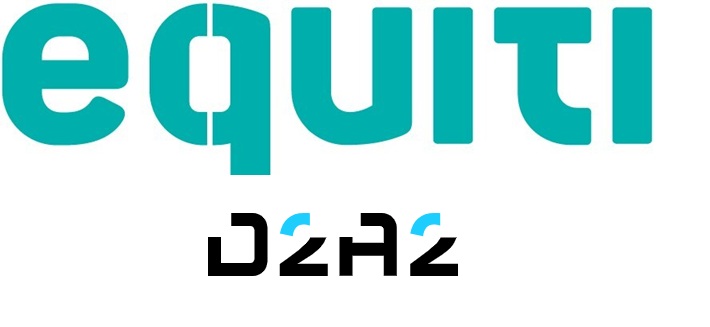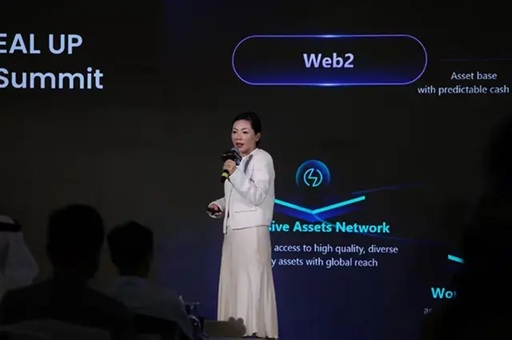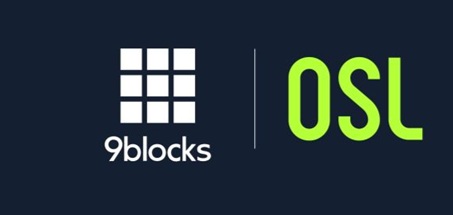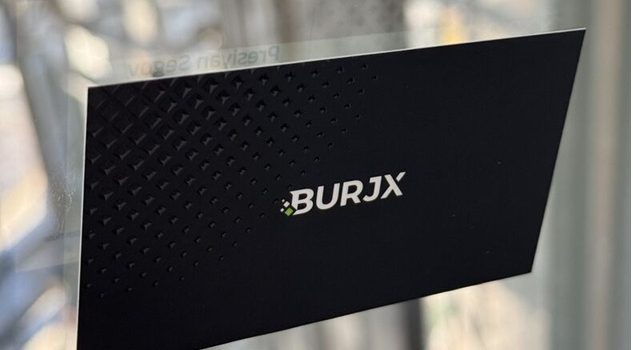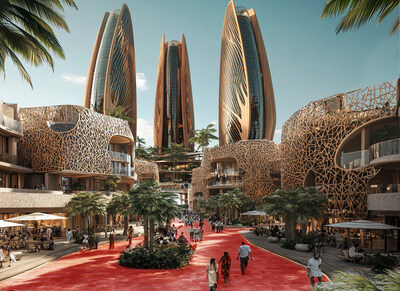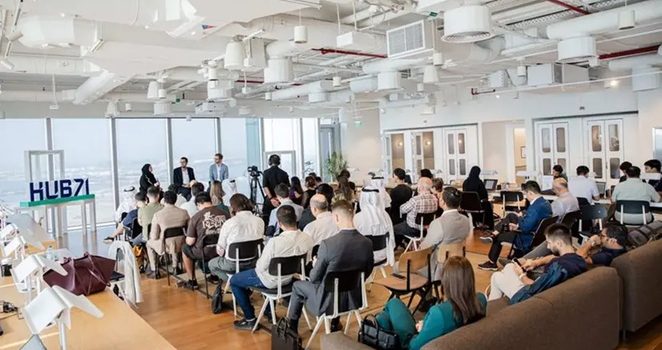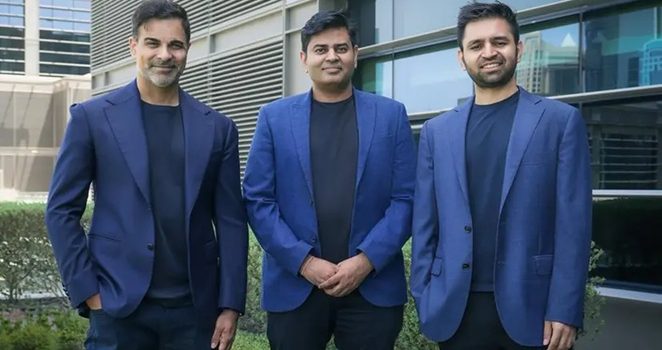
Figment, a provider of digital asset staking infrastructure for over 700 institutional clients, including asset managers, exchanges, wallets, foundations, custodians, and large token holders, allowing them to earn rewards on their digital assets has entered the UAE in partnership with Tungsten, crypto custodian and exchange as part of its broader entrance into the Middle East.
Figment is the largest non-custodial staking provider of staked ETH ( Ethereum). Institutional staking services from Figment include seamless point-and-click staking, portfolio reward tracking, API integrations, audited infrastructure, and slashing protection.
Figment has appointed Christoph Richter as its first Head of Business Development in the Middle East while announcing its partnership with UAE regulated crypto custody provider Tungsten. Figment will leverage Tungsten’s well-established industry position and existing licensing within the Abu Dhabi Global Market (ADGM), enabling them to offer enhanced, non-custodial staking options to clients via Figment’s infrastructure.
“Staking can be understood as earning the risk-free rate on proof-of-stake networks like ETH and SOL,” said Christoph Richter. “With inflation beating rewards and rising institutional digital asset allocations, staking is becoming a core strategy and the MENA region is ready.”

Christoph Richter
“The Middle East is uniquely positioned to benefit from institutional staking,” said Eva Lawrence, Figment’s Head of EMEA & Regional MD. “With Christoph’s deep background in traditional finance and digital assets, he’s perfectly placed to lead our growth in this high-potential market.”
Christoph will lead business development and strategic partnerships, reporting to Eva Lawrence, the Head of EMEA. He brings nearly two decades of TradFi derivatives experience, including senior roles at JP Morgan, Barclays, BNP Paribas, and UBS. In his most recent TradFi role, he led derivative solutions for Southern Europe and DACH at MUFG. Since entering the digital asset industry in 2017, he has advised top-tier firms and co-founded the proprietary BTC & ETH trading venture Vol Capital, building market neutral quantitative investment strategies. He has also worked on n major infrastructure Public Private Partnerships transactions across the Middle East, particularly in Saudi, building strong ties to the region’s major players and capital markets.
In June 2025, Figment, partnered with Crypto.com, crypto exchange with over 140 million users. This collaboration enabled Crypto.com users to access Figment’s institutional-grade staking services through the platform’s robust custody offering, delivering optimized rewards for mutual institutional clients. Through this integration, users can now stake their digital assets directly on the platform while maintaining complete control and security via Crypto.com’s secure custody solutions. Crypto.com Custody Trust Company, the regulated digital asset custody arm of Crypto.com, is supervised by the New Hampshire Banking Department and offers robust asset protection.










